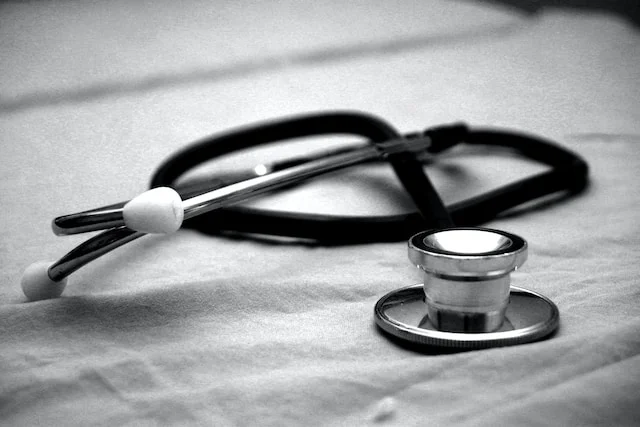
What are the 10 Signs of Colon Cancer?
Colorectal cancer is among the most common forms of cancer diagnosed in the United States. In addition to getting regular screenings beginning at age 45, you should be aware of the signs of colon cancer and seek medical advice if you experience any of them.
Ten Common Signs of Colon Cancer
Do not ignore these signs of colon cancer. Get regular cancer screenings and consult your doctor about any new symptoms.
1. Blood in your stool
If you notice blood in your stool, tell your doctor right away. A simple stool sample test can help your medical team determine the cause of the bleeding.
2. Changes in your stool
If you notice that your stool has become dark or black colored and has a sticky texture, it could signify bleeding caused by colon cancer.
3. Rectal bleeding
If you notice bright red blood on the toilet paper after a bowel movement, inform your doctor immediately to determine the cause of the bleeding and rule out colon cancer.
4. Changes in how you have a bowel movement
Pay attention to changes in how you pass stool. If you have the urge to have a bowel movement but can’t pass stool or feel the urge after having a bowel movement, tell your doctor immediately.
5. Anemia
Colon cancer can cause you to lose blood. Losing too much blood can lead to anemia–a lack of red blood cells in the blood. Fatigue, weakness, pale skin, and shortness of breath are signs of anemia.
6. Abdominal pain
Most people experience occasional abdominal discomfort. But frequent episodes of gas, bloating, belly pain, or cramping could signify a bigger problem that needs to be evaluated.
7. Weight loss
Colon cancer can cause people to lose weight, even if their diet does not change. If you lose weight while eating a regular diet or experience a complete loss of appetite, it could be a sign of colon cancer.
8. Constipation
Many people experience occasional bouts of constipation because of dietary or lifestyle changes, medications, or other causes. But chronic constipation can raise your risk of developing colon cancer or signify a problem. Let your doctor know if you have constipation that lasts longer than a few days.
9. Diarrhea
Viruses, bacteria, dietary changes, and medications can cause diarrhea. Most people have several episodes of diarrhea each year. But frequent, persistent diarrhea is a common cause of colon cancer. Tell your doctor about recurrent diarrhea so they can find the reason and rule out colon cancer.
10. Nausea and vomiting
Nausea and vomiting can occur for many reasons. But if you experience these symptoms and can’t determine the cause, tell your doctor right away because unexplained nausea and vomiting can be a symptom of colon cancer.
Schedule a Colonoscopy Today
Colon and rectal cancers are among the most preventable if you catch them early. The best way to safeguard your health against colon cancer is to have regular cancer screenings.
You should have regular colonoscopies beginning at age 45, regardless of family history and other risk factors. Schedule your colonoscopy Denver today by calling the team at Gastroenterology of the Rockies today.




